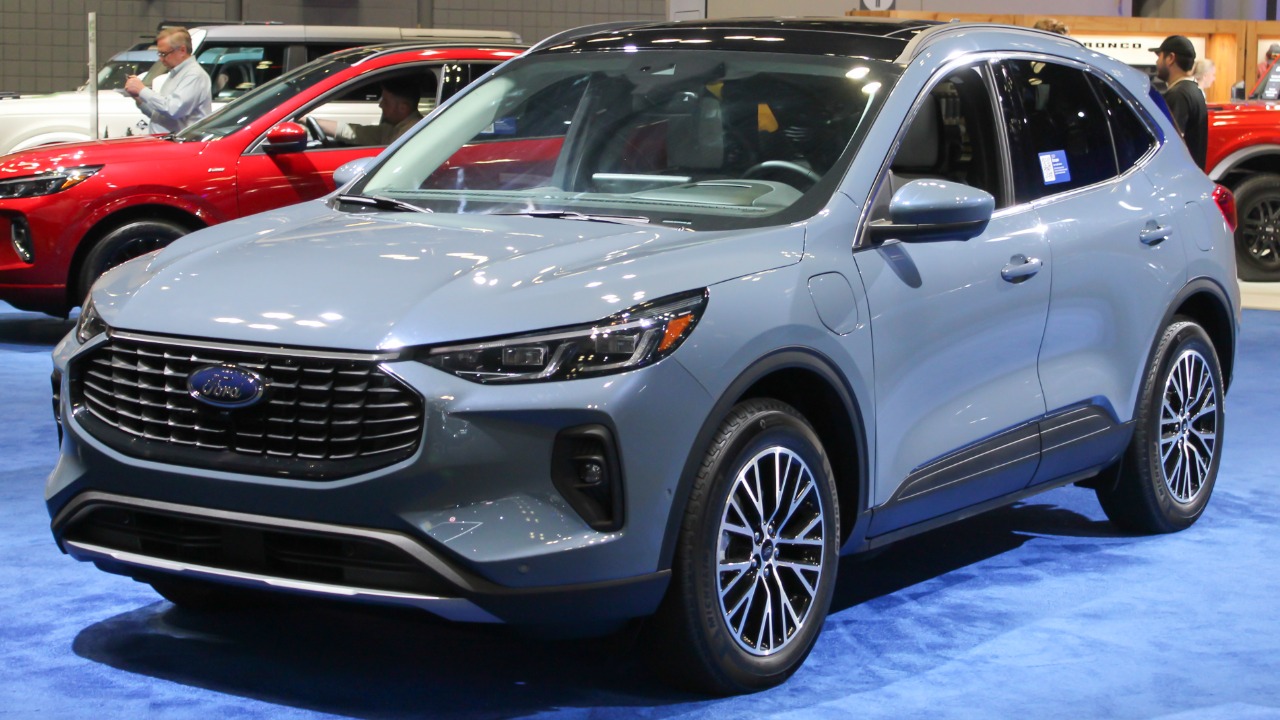
Hybrid vehicles have gained popularity over the years due to their fuel efficiency and environmental benefits. However, not all vehicles are suitable for hybridization. Some cars, due to their design, performance requirements, or other factors, may not benefit from a hybrid powertrain. Here are seven cars that, according to experts and enthusiasts, should never go hybrid.
1. High-Performance Sports Cars
High-performance sports cars are often cited as vehicles that should never go hybrid. The reason is simple: these cars are designed for speed and performance, and the addition of a hybrid powertrain can compromise these attributes. A hybrid system, with its additional weight and complexity, can detract from the pure, unadulterated performance that sports car enthusiasts crave. This sentiment is echoed in reader discussions on ideal non-hybrid models.
Moreover, the head of Toyota’s powertrain division has stated that hybridized sports cars aren’t worth the trouble, further underscoring the notion that high-performance vehicles and hybrid technology may not be the best match.
2. Ford Escape Hybrid
According to a mechanic’s expert advice on hybrids lacking long-term value, the Ford Escape Hybrid (2005-2012) is a vehicle to avoid. Despite its initial appeal as a fuel-efficient SUV, the Ford Escape Hybrid has been criticized for its long-term reliability issues. These problems, coupled with the high cost of battery replacement, make it a poor choice for a hybrid vehicle.
Furthermore, the mechanic argues that the fuel savings offered by the Ford Escape Hybrid are not significant enough to offset the high maintenance costs, making it a poor return on investment.
3. Nissan Rogue Hybrid
The Nissan Rogue Hybrid (2017-2019) is another vehicle that, according to the same mechanic, offers a poor return on investment in hybrid form. The Rogue Hybrid, while offering slightly better fuel economy than its non-hybrid counterpart, has been plagued by reliability issues. These problems, along with the higher upfront cost of the hybrid model, make it a less-than-ideal choice for a hybrid vehicle.
Moreover, the mechanic points out that the fuel savings of the Rogue Hybrid, like the Ford Escape Hybrid, are not significant enough to justify the higher purchase and maintenance costs.
4. Chevrolet Malibu Hybrid
The third vehicle on the mechanic’s list is the Chevrolet Malibu Hybrid. According to the mechanic, hybridization adds unnecessary complexity without benefits to this particular model. The Malibu Hybrid, while offering improved fuel economy over the standard Malibu, has been criticized for its lackluster performance and high maintenance costs.
Furthermore, the mechanic argues that the Malibu Hybrid’s fuel savings are not significant enough to offset the higher purchase and maintenance costs, making it a poor choice for a hybrid vehicle.
5. BMW i8
The fourth vehicle on the mechanic’s list is the BMW i8. This luxury sports car, while impressive in its design and performance, is unsuitable for hybrid tech due to reliability concerns. The i8’s complex hybrid system has been known to suffer from reliability issues, leading to high maintenance and repair costs.
Moreover, the mechanic points out that the i8’s high purchase price, coupled with its high maintenance costs, make it a poor choice for a hybrid vehicle.
6. Mercedes-Benz S400 Hybrid
According to the mechanic, the hybrid conversion undermines the core functionality of this luxury sedan. The S400 Hybrid, while offering improved fuel economy over the standard S400, has been criticized for its lackluster performance and high maintenance costs.
Furthermore, the mechanic argues that the S400 Hybrid’s fuel savings are not significant enough to offset the higher purchase and maintenance costs, making it a poor choice for a hybrid vehicle.
7. Battery-Dependent Daily Drivers
Finally, it’s worth noting that daily drivers that rely heavily on their batteries may not be suitable for hybridization. Hybrid vehicles require their batteries to be in good health to function optimally. However, maintaining a hybrid battery can be costly and time-consuming. According to pro tips on hybrid battery health, neglecting battery maintenance can lead to decreased performance and even complete battery failure.
Therefore, for drivers who rely on their vehicles for daily commuting or long-distance driving, a non-hybrid vehicle may be a more reliable and cost-effective choice.
More from MorningOverview